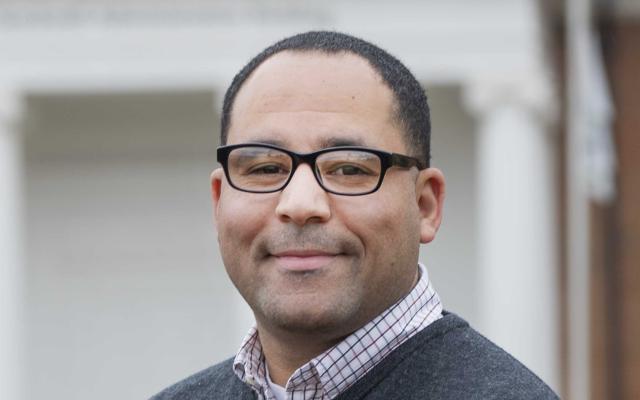
This presentation examines John Birks “Dizzy” Gillespie’s campaign for the presidency of the United States in the 1964 general election. Gillespie’s run for the presidency was driven less by a genuine interest in capturing the Oval Office, and was more significantly motivated by a desire to use the power and influence of his celebrity to ensure that the goals and objectives of the Black Freedom Struggle remained a focal part of the 1963-1964 election season’s political discourse. Based on his experiences as a jazz world entrepreneur, Gillespie introduced a series of policy initiatives and potential political appointments that would transform the federal government into a vehicle that would position people of color within the United States and abroad to achieve economic and political self-determination. Gillespie performed the role of the candidate during live performances and interviews with the press to place his radical vision for America’s future into circulation.
Watch the full talk on YouTube [01:00:14]
Watch more Keller videos on YouTube
About the Speaker
Nicholas L. Gaffney is the Director of the Center for African American Studies (CAAS) at the University of South Carolina Upstate, and is an Assistant Professor of History.
Prior to joining USC Upstate, Gaffney served as Associate Dean for the Humanities and Social Sciences, and Assistant Dean of History, Philosophy, and Religion at Northern Virginia Community College, Alexandria (VA). Prior to beginning his career in academia, Gaffney worked in the financial services industry as an analyst for the American Express Company. His research agenda focuses on the history of African American socio-political movements in the twentieth century. He combines the fields of history, political sociology, and jazz studies to offer insights into how socio-political leaders and organizations have used the musical arts as a resource to help achieve their goals. His current work demonstrates how the jazz community contributed to the success of black socio-political activism during the New Negro, Civil Rights, and Black Power eras. His work has been published in a variety of academic outlets, and he has presented numerous papers before academic and public audiences.
Gaffney holds a Ph.D. in history from the University of Illinois, Urbana-Champaign, a M.A. in African and African American Studies from Ohio State University, and a B.A. in English from Morehouse College, in Atlanta, Georgia.
Who can attend?
Open to the public.
Contributions to and/or sponsorship of any event does not constitute departmental or institutional endorsement of the specific program, speakers or views presented.